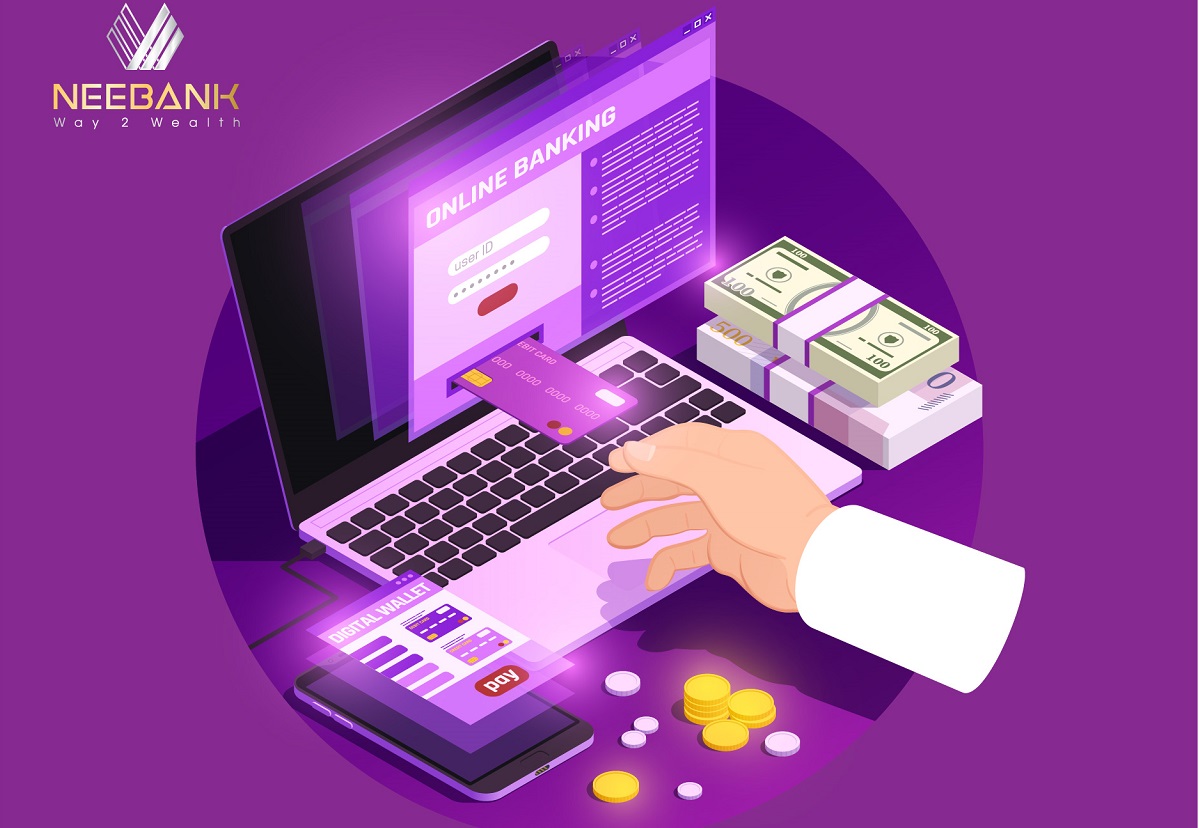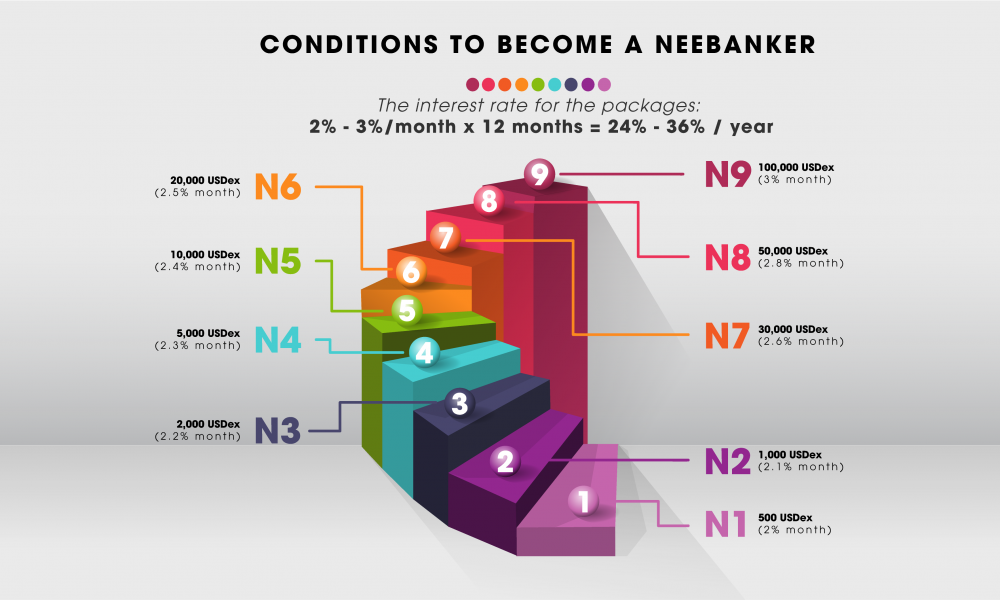
Coronavirus: Digital Banking Is No Longer Optional
Digital banks have long talked about the importance of efficient online and mobile banking. Services at the expense of face-to-face meetings and physical branches; the coronavirus crisis means there is now little argument against this model.
Table of contents
Digital banking has become the financial equivalent of modern art
Those looking for levity at this difficult time might enjoy an old joke: the world can be divided into three groups, those who can count and those who can’t. Bankers, who tend to be able to count pretty well, might respond that none of them counted on a crisis quite like this. There is another, more instructive, way to divide Asia’s bankers: those who get excited about digital finance and those who don’t. The chief executives of Asian banks all talk up the importance of digital banking when on the record, or when delivering speeches at conferences or annual general meetings.

Digital banking has become the financial equivalent of modern art: even if you don’t understand it, it’s best to pretend you do. But when the tape recorder stops whirring or the audience leaves the room, some bank heads will tell you privately that the digital banking revolution has been over-hyped. Clients want to look you in the eyes, they say. A lot of people don’t trust mobile and online banking. Physical branches are essential. It may come as little surprise that the chief executives who express this view often benefit from a privileged position in their country’s banking systems. After years of expanding their branch networks to every corner of their domestic markets, they could be forgiven for not wanting to believe that their hard work was for nothing.
Banks would be wise to invest as much as they can in digital banking right now, aware that the fight against the coronavirus is far from over.
The rapid spread of the coronavirus
But the rapid spread of the coronavirus, which has led to quarantine and social distancing across much of the world. Means there is now no argument against the urgent need for digital banking solutions. Online and mobile banking used to be a matter of personal convenience; now it is a matter of personal safety, and it will reward banks that have already invested in their digital channels. No going back It might seem distasteful to be considering the future of digital banking at such a time: the coronavirus is still spreading across the world, the death toll is mounting and economists are warning of the job losses to come. But this is not about picking winners and losers: it is about identifying the long-run changes that will need to take place as we all adjust to life after Covid-19.
Senior bankers in Asia say things can never go back to the way they were pre-crisis. They are likely to travel less, especially if the trip is to meet a client they already know well. They will rely more on video conference calls, instant messaging and emails. They will also rely on clients to navigate easy-to-use apps and websites rather than being shepherded by junior bankers. Personal relationships, the trump card of veteran bankers, will have to be re-assessed in the light of practical arguments about cost, efficiency, ease-of-use and content.
There is a good chance global governments will be able to get the first wave of the coronavirus under control.
This is easiest to pull off in retail banking, where the marginal value of each new client is small. But, to a lesser extent, things will also have to change in the corporate and investment banking world. Banks look well-equipped for this crisis, helped in large part by the extra capital they were forced to take on after the financial crisis of 2008. That puts them in a position to help existing clients, potential clients and wider society. There is a good chance global governments will be able to get the first wave of the coronavirus under control. Its spread to Europe, the US and India ensures many more weeks – perhaps months – of bad news. But the experience of China, Singapore and other Asian countries shows it is possible to fight back.

Banks would be wise to invest
The risk after that is a second wave of infections. That could lead to more mass quarantines, more periods of self-isolation and social distancing; and more conversations about how the world will change. Banks would be wise to invest as much as they can in digital banking right now; aware that the fight against the coronavirus is far from over. Those who have already made that investment; spotting the way the world was going even before a crisis forced them to adapt – are now the best placed to help societies endure the coronavirus. The last crisis made villains of banks. They could emerge from this crisis as heroes – digital banks most of all.
See more: Community news
 Why Should Businesses Accept Money 4.0 Now?
Why Should Businesses Accept Money 4.0 Now?





